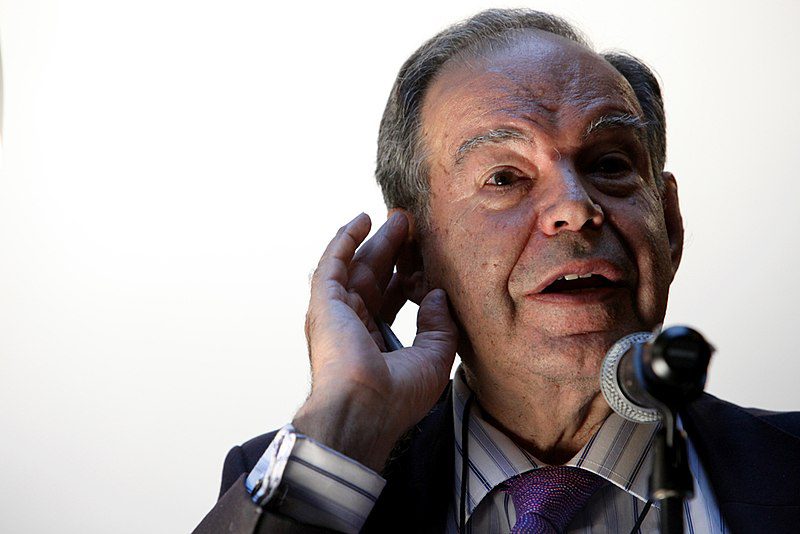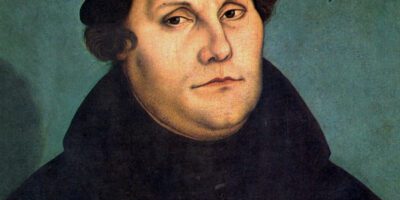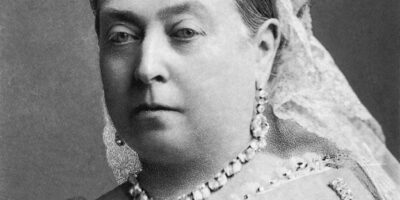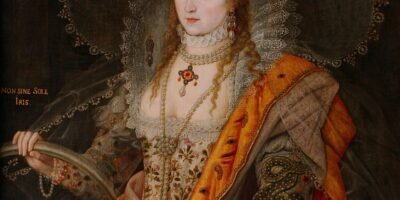
Edward de Bono lecture at The Hub Kings Cross. Photo by Impact Hub-Wikimedia Commons
Top 10 Facts About Edward De Bono
Edward de Bono was a Maltese physician, author, psychologist, broadcaster and inventor. He revolutionized the way of innovation, creativity and problem-solving. De Bono is the originator of the term lateral thinking and the development of the Six Thinking Hats Technique Direct Attention Thinking Tools.
De Bono’s impact has inspired and influenced generations of thinkers, and his concepts are still valid and helpful today just as they were then. In this article, we will look at the top 10 facts about Edward De Bono.
1. De Bono Was a Son of Professor
Edward Charles Francis Publius de Bono was born in Malta on May 19, 1933, to Joseph de Bono and Josephine Burns de Bono. His father was a professor of medicine, and his mother was one of three women credited with campaigning for the introduction of the vote for women.
2. De Bono Was a PhD Degree Holder

Metka speaks with Edward de Bono. Photo by challenge future-Wikimedia Commons
Educated at St. Edward’s College, Malta, he received a medical degree from the University of Malta. He then enrolled as a Rhode Scholar in 1955 at Christ Church, Oxford, where he gained a Master of Arts in psychology and physiology.
De Bono gained a PhD in medicine from Trinity College, Cambridge, an honorary DDes (Doctor of Design) from the Royal Melbourne Institute of Technology and an honorary LLD from the University of Dundee.
3. De Bono Originated the Term Lateral Thinking
De Bono originated Lateral Thinking, which he first used in 1967 in his book The Use of Lateral Thinking. Lateral thinking is solving problems using an indirect and creative approach via reasoning that isn’t immediately obvious.
He also links lateral thinking with humor, arguing it entails switching from a familiar pattern to a new, unexpected one. He argues lateral thinking deliberately distances itself from the standard perception of creativity as Vertical logic (the classic method for problem-solving).
Lateral thinking has been critized as a pseudo-scientific concept, arguing that de Bono’s core ideas have never been rigorously tested or corroborated.
4. He served as a Professor at various Universities
De Bono had a distinguished professor career in many prestigious universities. In 1961 he was a professor of medicine at the University of Malta. He was also a professor at the University of Central England, the University of Pretoria and Dublin City University.
Subsequently, he held the Da Vinci Professor of Thinking chair at the University of Advancing Technology in Tempe, Arizona, United States. In addition, to being a professor, he also held faculty appointments at the University of Oxford, London, Harvard and Cambridge.
Read more about 10 Oldest Universities in the World
5. He Wrote Over 80 Books

Edward de Bono appearing on w:Channel 4 tv series Opinions made by w:Open Media in 1994. Photo by Open Media Ltd-Wikimedia Commons
De Bono wrote over 80 books and translated into 46 languages. His books focused mainly on the subject of problem-solving, creativity and thinking. Some of his books include The Use of Lateral Thinking, The Mechanism of Mind, The De Bono Code Book and many more.
Schools from over 20 countries have used the knowledge acquired from his books as their thinking tool in their curriculum. His Six Thinking Hats method has been taught across continents.
Check Out: 10 Must-Read English Authors
6. De Bono Was Nominated for a Nobel Prize
In 2005, De Bono was nominated for a Nobel Prize in Economics, for his work towards commerce and business. Unfortunately, he never received formal recognition from the United Kingdom government despite many occasions of giving advice about education and peace-keeping.
He contributed to peacekeeping in 2000 when he advised the UK Foreign Office committee that the Arab-Israel conflict might be due to low zinc levels in people who eat unleavened bread. De Bono argued that low zinc levels lead to heightened aggression and suggested shipping out jars of Marmite to compensate.
Discover Top 10 Remarkable Facts about the Nobel Prize Museum
7. He Founded the World Centre of New Thinking
In 2001, De Bono founded a non-profit organization, The World for New Thinking, based in Malta. The organization applies Thinking Tools to solution and policy design on the geopolitical level.
The organization has worked on several projects, including the Six Thinking Hats technique, a tool for group problem solving, encouraging participants to approach problems from multiple perspectives.
Additionally, the organization organizes training programs, conferences and workshops on innovation and creative thinking. All these events are attended by students, business leaders, educators and government officials.
8. De Dono Invented the L Game

L Game. Photo by Cburnett-Wikimedia Commons
De Dono invented the L game, which he introduced in his book The Five-Day Course in Thinking (1967). The L game is a simple abstract strategy board game played by two people.
It’s played on a board of 4×4 squares. Each player has a 3×2 L-shaped tetromino (a geometric shape composed of four squares connected orthogonally), and there are two 1×1 neutral pieces.
9. He Excelled in Sports
During his university years he enjoyed his university years immensely. He was actively involved in sports and interacting with high-profile people, such as playing polo with Lord Mountbatten, who later requested him to give a seminar in Portsmouth and lecture the Atlantic colleges in Wales and Singapore.
He also played cricket, polo and rowing, through which he met HRH Prince Philip at the Sandringham Polo Club. They maintained their friendship until prince Philip died.
10. Throughout His Career, De Bono Received Many Accolades
De Bono received many awards and honors for his contribution to creative thinking, inspiring many individuals and organizations worldwide. These accolades include the Lifetime Achievement Award from the American Creativity Association in 1995, Brain Trust Charity’s Brain of the Year awards in 1999 and the Innovation Luminary Award from the European Union Creativity and Innovation Forum (2008).
Additionally, he received Honorary Doctorate in Education from the University (2012) Lifetime Achievement Award from the International Council for Small Business in 2015. In 2016, he received Honorary Doctorate in Philosophy from the University of Central Lancashire.
Planning a trip to Paris ? Get ready !
These are Amazon’s best-selling travel products that you may need for coming to Paris.
Bookstore
- The best travel book : Rick Steves – Paris 2023 – Learn more here
- Fodor’s Paris 2024 – Learn more here
Travel Gear
- Venture Pal Lightweight Backpack – Learn more here
- Samsonite Winfield 2 28″ Luggage – Learn more here
- Swig Savvy’s Stainless Steel Insulated Water Bottle – Learn more here
Check Amazon’s best-seller list for the most popular travel accessories. We sometimes read this list just to find out what new travel products people are buying.










